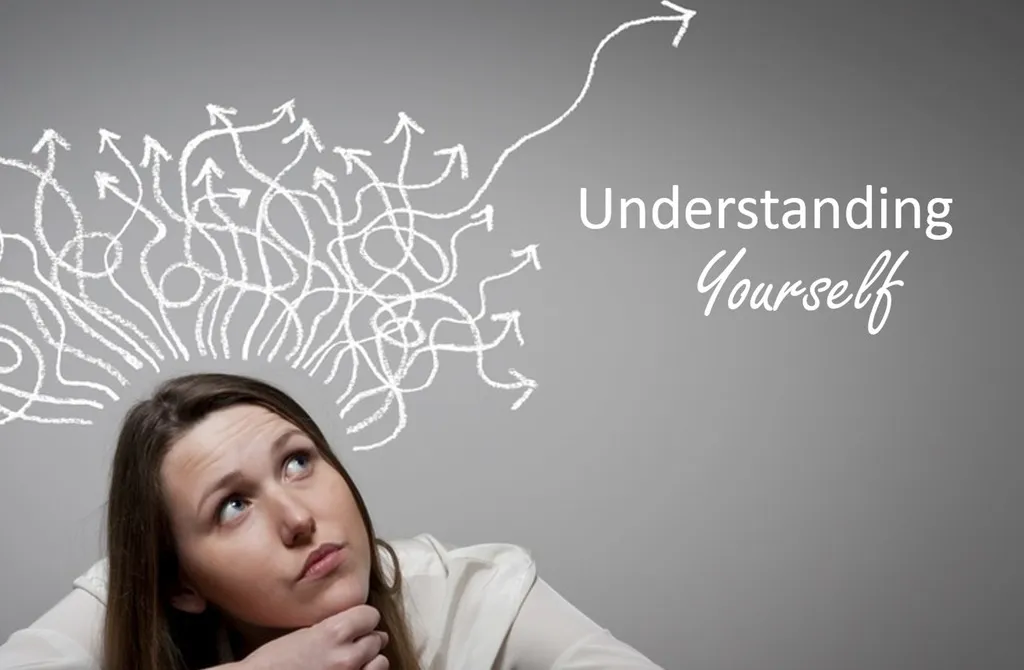Understanding Ourselves
(Awareness is the first step in change)
The Big Picture
For the past 40 years, meaningful action on climate change has been stalled by two major obstacles: the fossil fuel industry’s grip on politics and the widespread apathy and mental justifications that keep the public from demanding change. Big oil companies have spent billions lobbying politicians, funding misinformation campaigns, and delaying policies that would transition us toward clean energy. At the same time, many individuals have fallen into a cycle of denial, helplessness, or complacency—convincing themselves that their actions won’t matter, that the problem is too big to solve or maybe the biggest obstacle we have all faced is thinking other people will solve this problem. This combination of corporate influence and public inertia has led to decades of missed opportunities, but understanding these barriers is the first step toward real progress.
Historical Perspective
Prior to the enactment of child labor laws in 1938, children as young as 5 or 6 worked long hours in dangerous conditions. Advocates of keeping this legal said children were economic contributors and seen as necessary for poor families to survive.
When people recognize an issue as wrong and advocate for political change, change will occur.
Understanding Ourselves
(Awareness is the first step in change)

For the past 40 years, meaningful action on climate change has been stalled by two major obstacles: the fossil fuel industry’s grip on politics and the widespread apathy and mental justifications that keep the public from demanding change. Big oil companies have spent billions lobbying politicians, funding misinformation campaigns, and delaying policies that would transition us toward clean energy. At the same time, many individuals have fallen into a cycle of denial, helplessness, or complacency—convincing themselves that their actions won’t matter, that the problem is too big to solve or maybe the biggest obstacle we have all faced is thinking other people will solve this problem. This combination of corporate influence and public inertia has led to decades of missed opportunities, but understanding these barriers is the first step toward real progress.
The Full Story
Please click on these 2 buttons to get a deeper understanding of what’s holding us back so we can recognize these challenges within ourselves, which will help you move towards climate action.
Recognizing the Distractions in Our Daily Lives
Tonight is Olivia’s practice. I never miss practice. Tomorrow I have to work late, and Wednesday is church. This weekend we’re going up north, and I need to get my workouts in somewhere in all of these commitments.
Does this schedule sound familiar to you? It does for a lot of us. We are good people, and we are focused on good things like family, faith, and our health.
But as we focus on the world in front of us, another one is eroding around us—the natural world. We hear about it, and most of us care deeply about this natural world, but it’s not right in front of us and we all subconsciously tell ourselves one or more of the above stories, so we don’t prioritize it.
The more we focus on our daily responsibilities, the more the next generation will be forced to focus on our environmental neglect.
What the change looks like:
Remember when your kids got to grade school? All of a sudden you had to integrate what they were doing in school into your daily thinking. Whether you were genuinely interested in how they were doing or you felt it was your duty as a good parent to put time, energy and thought into that part of their life…you did it.
That’s what it looks like to make a change in your life for climate change. Actually it’s not even that hard. Constantly asking about your kid’s day or reviewing their homework with them was more draining than this. Because when you decide you’re going to make a change, it becomes a habit and you hardly even think about it.
Changing Climate Apathy to Action
- Instead of thinking “My little bit doesn’t help,” compare yourself against your neighbor:
If they’re doing something, then I will too (e.g., solar panels, composting, reducing waste).
- Instead of “We’re all doomed,” focus on the new jobs and growth in sustainability.
- Many people feel overwhelmed by climate change. Break it down into easy steps you can start today
Now that we know more about what’s been holding us back, what are the solutions?
The most powerful climate solutions require systemic change—but individuals play a key role in pushing for it.
Small, consistent actions add up. If enough people push for change, then change will happen.
Every choice we make today determines what kind of world we leave for future generations.
YOU have to make a decision. Just one decision—that you will care. Not just for your children and grandchildren, but for the innocent animals we are driving to extinction due to our comforts and conveniences.
